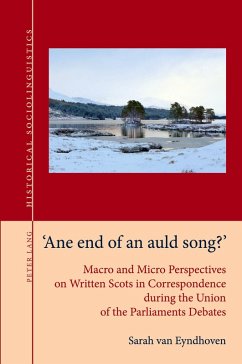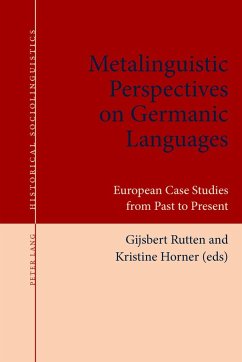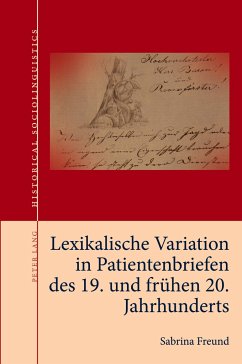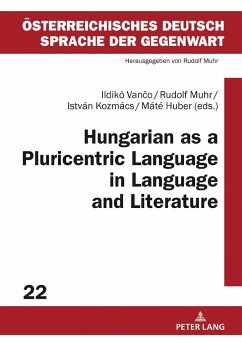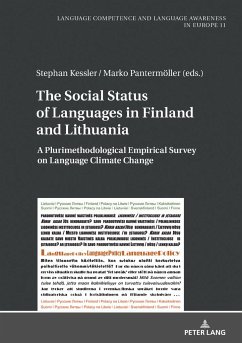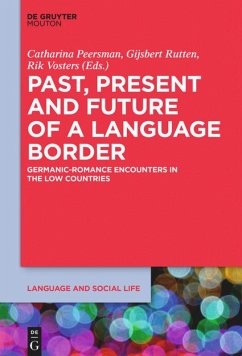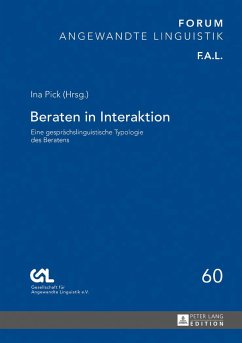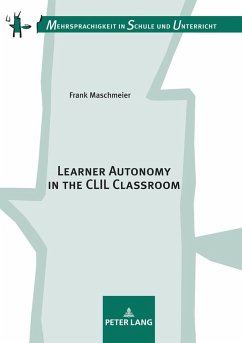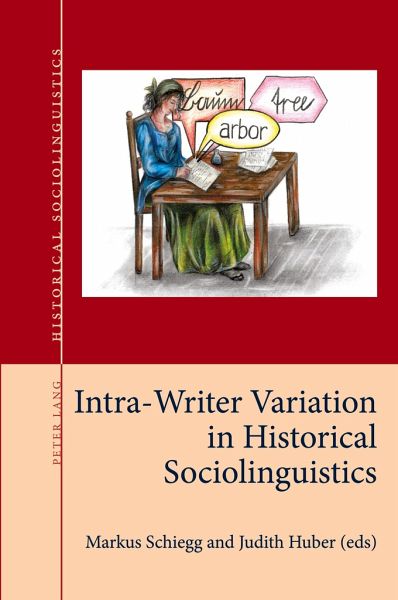
Intra-Writer Variation in Historical Sociolinguistics
Versandkostenfrei!
Versandfertig in 6-10 Tagen
72,95 €
inkl. MwSt.

PAYBACK Punkte
0 °P sammeln!
Intra-individual variation is an emerging research field in linguistics with a rapidly growing number of studies. In historical sociolinguistics, this trend has been slow, as it is still largely dominated by the macroscopic approaches of earlier sociolinguistics. Microscopic studies focusing on intra-individual variation in writing, i.e. intra-writer variation, however, are able to reveal how writers functionalize social or text-type variation for reasons such as audience design or persona creation. They may also provide insights into how ongoing changes were perceived by speakers and writers....
Intra-individual variation is an emerging research field in linguistics with a rapidly growing number of studies. In historical sociolinguistics, this trend has been slow, as it is still largely dominated by the macroscopic approaches of earlier sociolinguistics. Microscopic studies focusing on intra-individual variation in writing, i.e. intra-writer variation, however, are able to reveal how writers functionalize social or text-type variation for reasons such as audience design or persona creation. They may also provide insights into how ongoing changes were perceived by speakers and writers. In general, micro-approaches are able to uncover a wide array of possible factors influencing variation, which may not always carry sociolinguistic functions.
This volume comprises twenty-two research articles on a wide range of languages and periods, all closely connected by their focus on intra-writer variation in historical texts and by their use of empirical and corpus-based approaches. The studies demonstrate that the challenges that historical material have for research on intra-individual variation can certainly be met and that the insights gleaned from analysing variation in individual writers are considerable.
This volume comprises twenty-two research articles on a wide range of languages and periods, all closely connected by their focus on intra-writer variation in historical texts and by their use of empirical and corpus-based approaches. The studies demonstrate that the challenges that historical material have for research on intra-individual variation can certainly be met and that the insights gleaned from analysing variation in individual writers are considerable.






